Creating a Cozy Open Concept Living Room: Design Tips & Trends (2025 Guide)
Open concept living rooms remain a favorite for modern homes, offering a spacious, airy feel that promotes togetherness. However, as design trends evolve, homeowners are now blending openness with coziness—creating warm, inviting spaces that balance functionality and style.
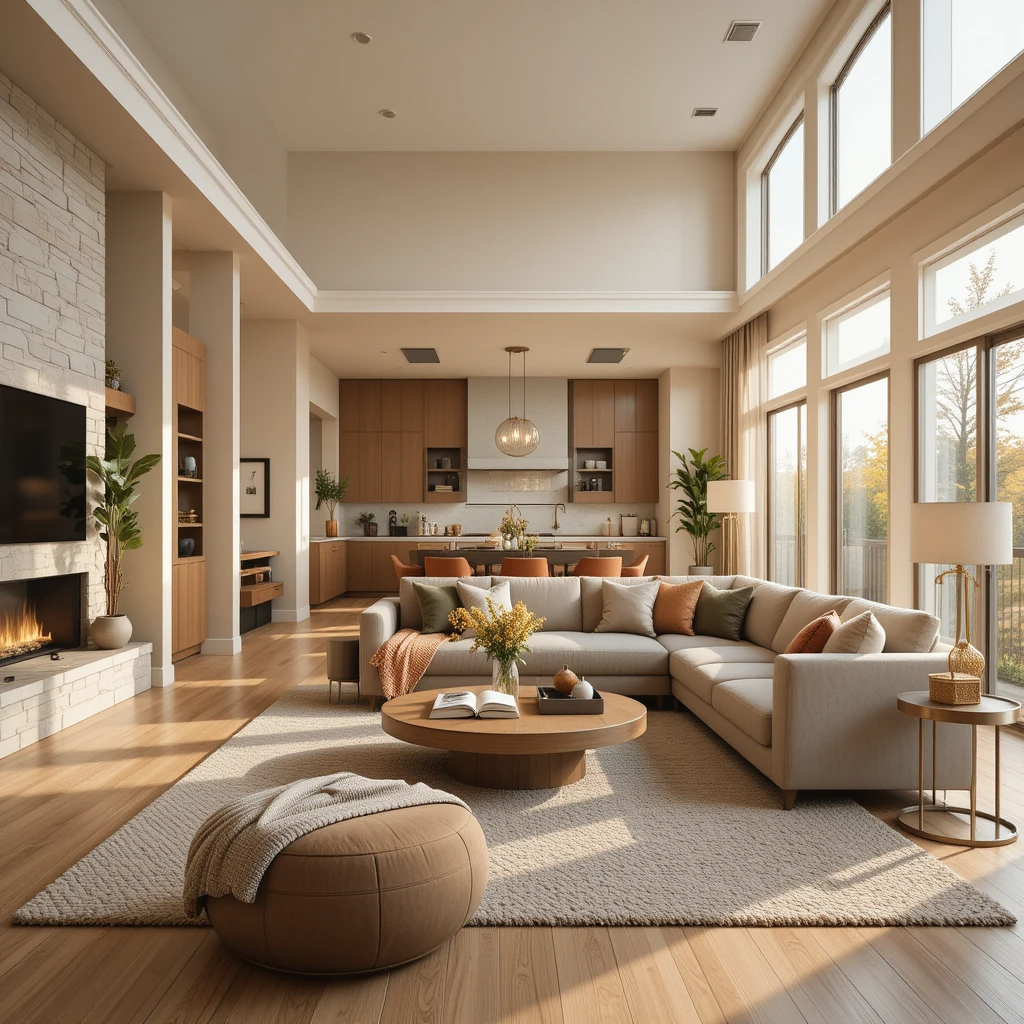
In this comprehensive guide, we’ll explore:
– The latest trends replacing traditional open-concept layouts
– The best colors, furniture arrangements, and lighting to enhance warmth
– Space-saving ideas for small open living rooms
– How to incorporate plants and textures for a snug, welcoming atmosphere
Whether you’re renovating or refreshing your space, these tips will help you design a cozy open concept living room that feels both stylish and intimate.

1. What Trend Is Replacing Open Concept Living Rooms?
While open floor plans remain popular, “broken-plan” layouts are emerging as a fresh alternative. This trend uses subtle dividers—like bookshelves, area rugs, or sliding partitions—to create distinct zones without sacrificing openness.
Why Broken-Plan is Gaining Popularity
– Better definition of spaces (e.g., separating living and dining areas)
– More intimacy while maintaining flow
– Flexibility (easier to rearrange than permanent walls)
How to Achieve a Broken-Plan Look
– Use furniture as dividers (sofas facing away from the kitchen, console tables behind seating)
– Play with floor materials (wood vs. tile to differentiate zones)
– Add partial walls or screens (glass partitions, open shelving units)
This hybrid approach keeps the cozy open concept living room feel while adding structure.

2. What Colors Make an Open Living Room Cozy?
Color plays a huge role in making large spaces feel warm and inviting. Here are the best cozy palettes for open layouts:
Warm Neutrals
– Soft beige, cream, and greige – Create a soothing backdrop
– Warm whites (avoid stark cool tones) – Enhance brightness without sterility
Earthy & Moody Tones
– Sage green, terracotta, and deep navy – Add richness and depth
– Burnt orange or mustard yellow – Introduce warmth in accents
How to Use Color Effectively
– Paint an accent wall to define a seating area
– Layer textiles (throw blankets, pillows) in complementary hues
– Use darker tones on lower furniture to ground the space
Pro Tip: A monochromatic scheme with varying textures keeps the space cohesive yet cozy.

3. How to Arrange Furniture in an Open Concept Living Room?
Smart furniture placement is key to a functional yet cozy open concept living room. Follow these zoning tips:
Define Functional Zones
– Living Area: Anchor with a sectional or sofa + chairs facing a focal point (fireplace/TV)
– Dining Space: Use a rug under the table to visually separate it
– Workspace: A slim desk behind the sofa keeps boundaries clear
Optimize Flow & Balance
– Leave 3-4 feet of walking space between furniture clusters
– Avoid pushing all furniture against walls—floating arrangements feel more intimate
– Use area rugs to anchor each zone
Best Furniture for Open Concept Living Rooms
– Sectional sofas (L-shaped for corner placement)
– Nesting tables or ottomans (flexible for extra seating/storage)
– Multifunctional pieces (console tables with storage, benches under windows)

4. Best Plants for a Cozy Open Living Room
Greenery breathes life into open spaces. Here are the best low-maintenance, air-purifying plants:
Tall Statement Plants
– Fiddle Leaf Fig – Adds height and elegance
– Bird of Paradise – Tropical vibe for large spaces
Small & Air-Purifying Picks
– Snake Plant – Thrives in low light
– ZZ Plant – Nearly indestructible
For more ideas, check out our guide on the Best Indoor Plants for Home Decor

5. Is an Open Concept Living Room Good for Small Spaces?
Yes—if optimized correctly! Here’s how to make a small open concept living room feel spacious yet cozy:
Space-Saving Tips
– Use light colors to enhance brightness
– Mirrors create the illusion of depth
– Dual-purpose furniture (e.g., storage ottomans, fold-out desks)
Avoid These Mistakes
– Overcrowding with bulky furniture
– Neglecting vertical storage (floating shelves, tall cabinets)

6. How to Add Warmth to a Modern Open Living Room
Modern designs can feel cold—here’s how to soften them:
Lighting
– Warm LED bulbs (2700K-3000K temperature)
– Layered lighting (floor lamps + dimmable overheads)
Textures & Materials
– Knitted throws, velvet cushions
– Wooden accents, jute rugs
## **Final Thoughts**
A cozy open concept living room balances airiness with warmth. By using smart zoning, warm colors, and inviting textures, you can create a space that’s both functional and welcoming.
Ready to transform your space? Start with one change—like adding a statement plant or rearranging furniture—and build from there!


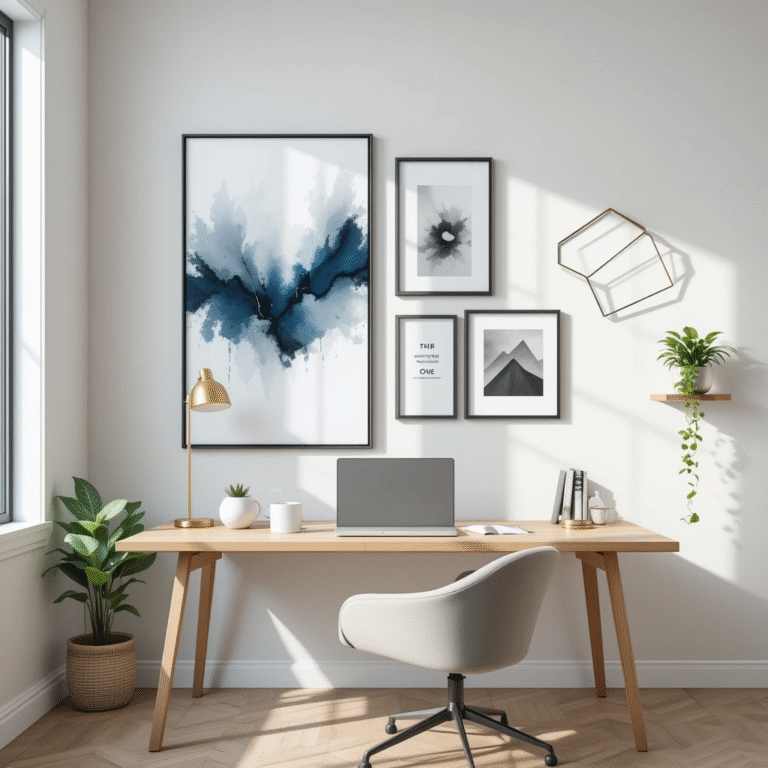
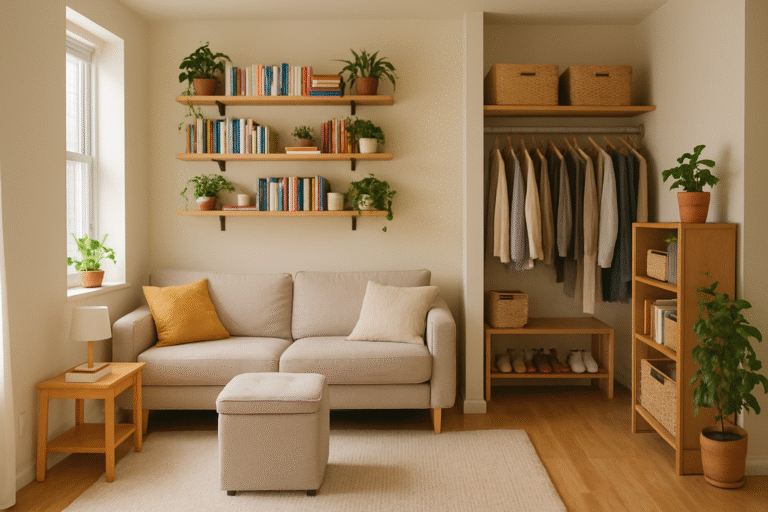
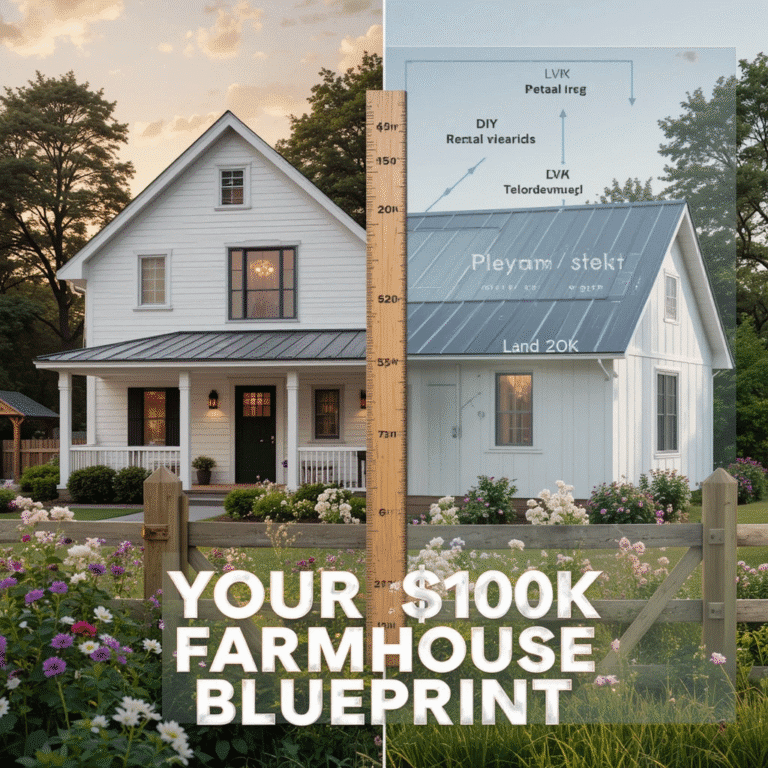


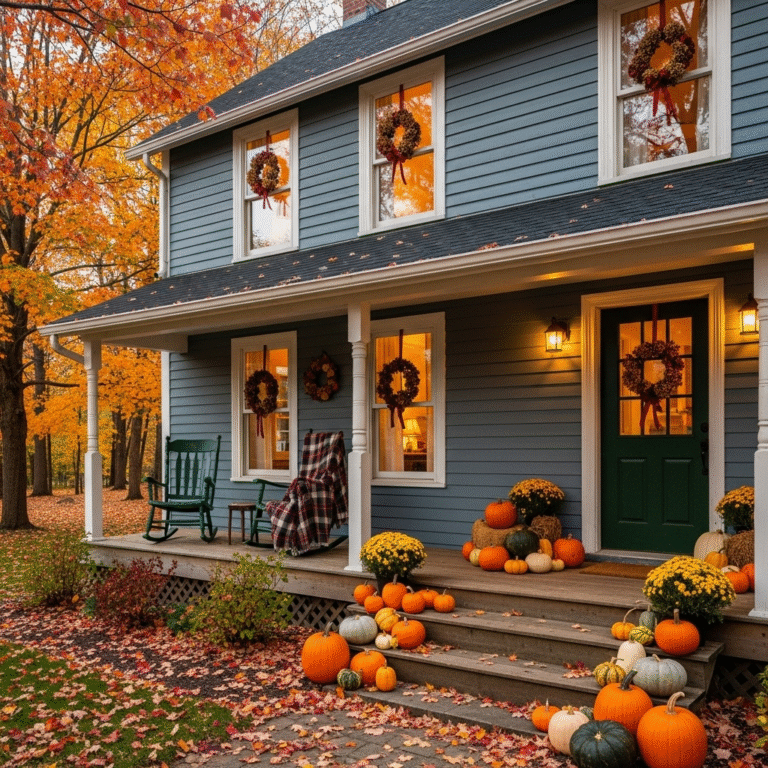
This is an interesting approach to earning through affiliate marketing. I wonder how effective this program is for smaller websites like MakeHomesCozy. Do you think it’s worth the effort to participate in such programs? I’m curious about the selection process for the products you link to. How do you ensure they align with your audience’s interests? It seems like a great way to monetize content, but I’m not sure if it’s sustainable in the long run. What’s your experience been like with the Amazon Associates Program? Would you recommend it to others?
This is indeed an intriguing discussion about affiliate marketing and its potential for smaller websites like MakeHomesCozy. I’ve always wondered how much effort it really takes to see tangible results from such programs. Do you think the time invested in managing affiliate links pays off compared to other monetization strategies? I’m also curious about how you measure the success of these programs—are there specific metrics you focus on, or is it more about trial and error? It’s impressive how you’ve integrated affiliate marketing into your site, but I wonder if you’ve faced any challenges in maintaining authenticity while promoting products. Would you say that affiliate marketing has significantly boosted your revenue, or is it more of a supplementary income stream? What advice would you give to someone just starting out with the Amazon Associates Program?
The website design looks great—clean, user-friendly, and visually appealing! It definitely has the potential to attract more visitors. Maybe adding even more engaging content (like interactive posts, videos, or expert insights) could take it to the next level. Keep up the good work!
Thanks
This is a really thought-provoking discussion about affiliate marketing. I’ve always been curious about how smaller websites like MakeHomesCozy can truly benefit from such programs. Do you think the effort required to manage affiliate links is justified by the returns? I’m also interested in how you balance promoting products while maintaining authenticity—does it ever feel like a compromise? It’s impressive to see how you’ve integrated this into your site, but I wonder if you’ve encountered any challenges in keeping your audience engaged. Would you say affiliate marketing has become a significant part of your revenue, or is it more of a side income? For someone just starting out, what would be your top piece of advice? How do you ensure the products you promote genuinely resonate with your audience?